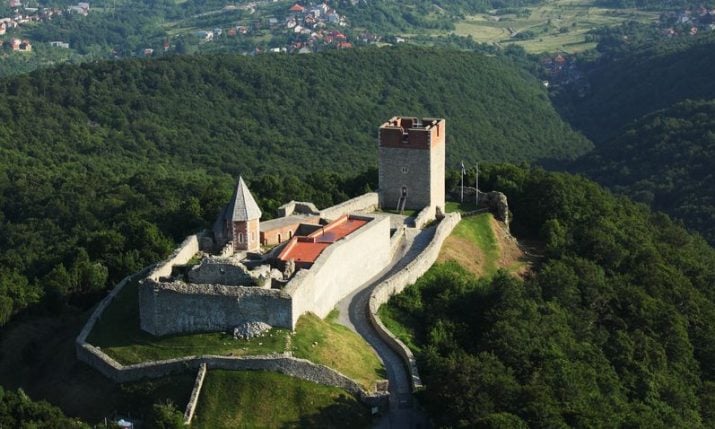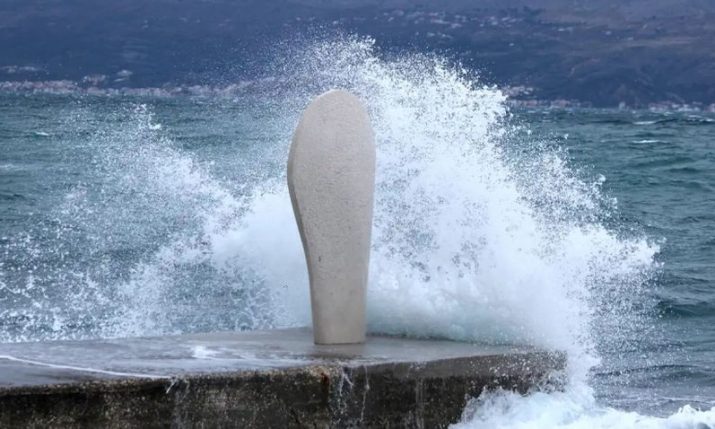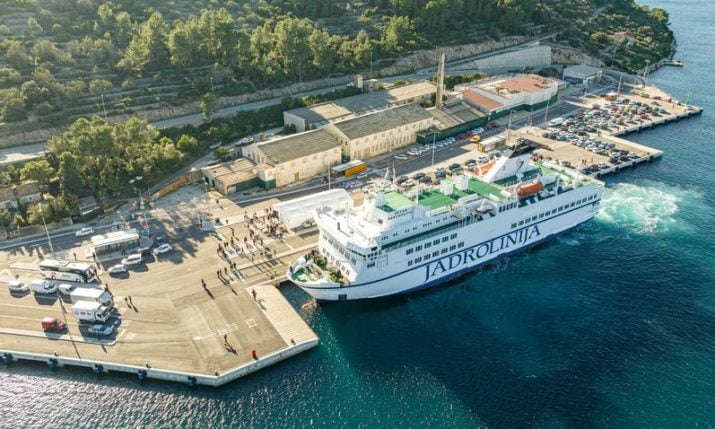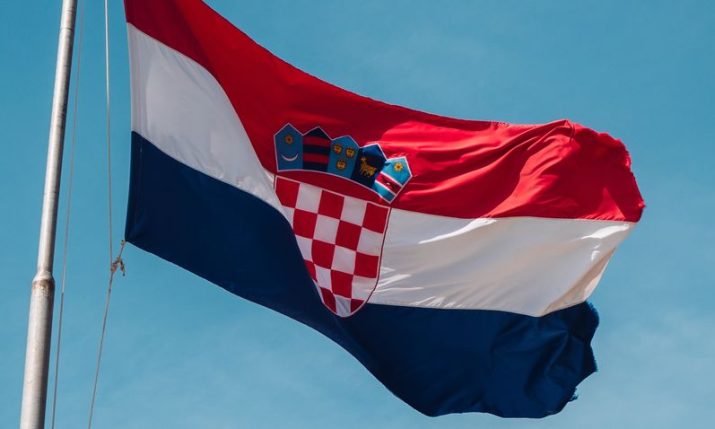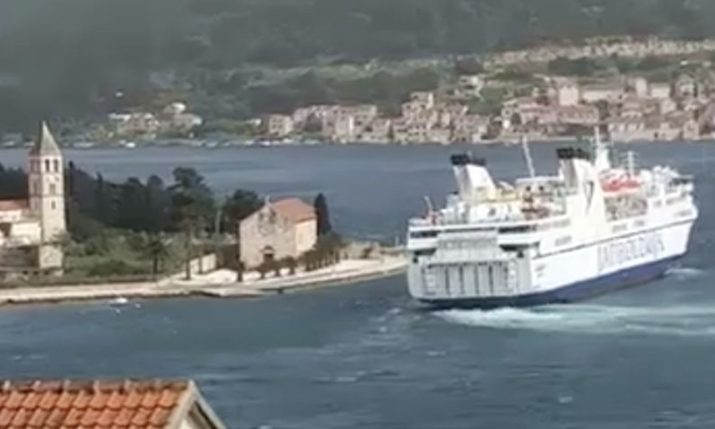Spanish-Croatian nuclear fusion power plant project developing well
- by croatiaweek
- in News
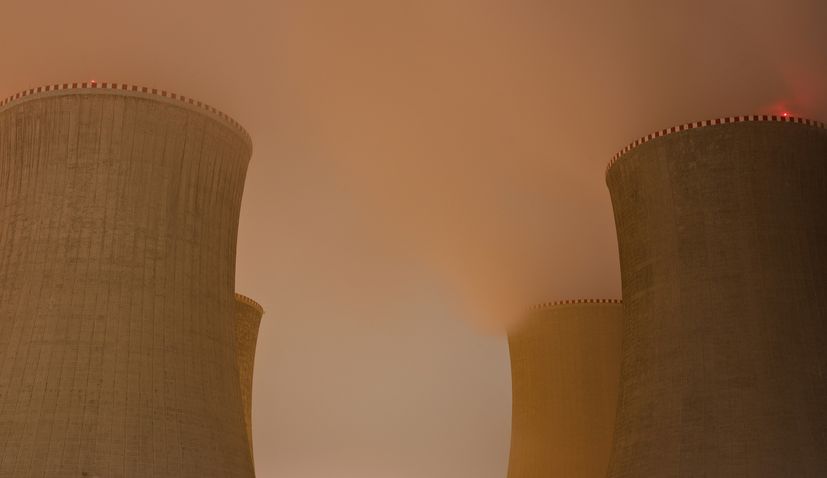
Spanish-Croatian nuclear fusion power plant project developing well
ZAGREB, 15 March (Hina) – Croatia and Spain are cooperating well on the project of testing materials necessary for building the first fusion power plant in the EU and more partners could join them soon, the head of the Spanish delegation, Ángel Ibarra, has told Hina.
The EU wants to build by 2050 the first power plant which would produce electricity by nuclear fusion.
Such a fusion nuclear power plant would produce as much electricity as a current fission plant but with less radioactive material, the physicist Ibarra said, adding that it would be “a safer way of producing energy.”
For the fusion power plant to be built, it is necessary to test the materials necessary for its construction. Croatia and Spain agreed in 2021 to jointly test them near Granada, Spain, which costs €707 million. Spain is participating in the project with 50% and Croatia with 5%.
“The cooperation with Croatia is going very well for now. Not just on this project, but also on other fusion-related topics,” said Ibarra.
The Croatian team, led by physicist Tonči Tadić, announced last year that Croatia would fulfil its 5% commitment by sending components to the research centre in Spain and not by paying. Croatia is expected to send cranes, cooling systems and four specially designed models to Escuzar, 20 km from Granada, by the end of 2029.
Ibarra and Tadić met in Zagreb on Thursday. An international team is expected to be formed that should formalise a document with detailed descriptions of Croatia’s and Spain’s contributions.
Sixteen other countries and international organisations with observer status in the Spanish-Croatian project, called IFMIF-DONES (International Fusion Materials Irradiation Facility – Demo Oriented NEutron Source), are expected to attend. In recent months, the likelihood of observers like EUROATOM, Japan, Germany and Italy joining in the remaining 45% of the project has increased.
According to Ibarra, an official announcement of a new partner could be made at the next meeting in October.
Construction in Escuzar is under way. “After the summer, we will have scientific and technological installations there,” he said. Testing could begin in 2035, with 300 engineers, technicians, administrators and scientists working there.
Based on the tests, a demonstration reactor is expected to be built five years later as an introduction to the construction of fusion nuclear power plants in Europe. “We are making good progress towards that,” said Ibarra.


